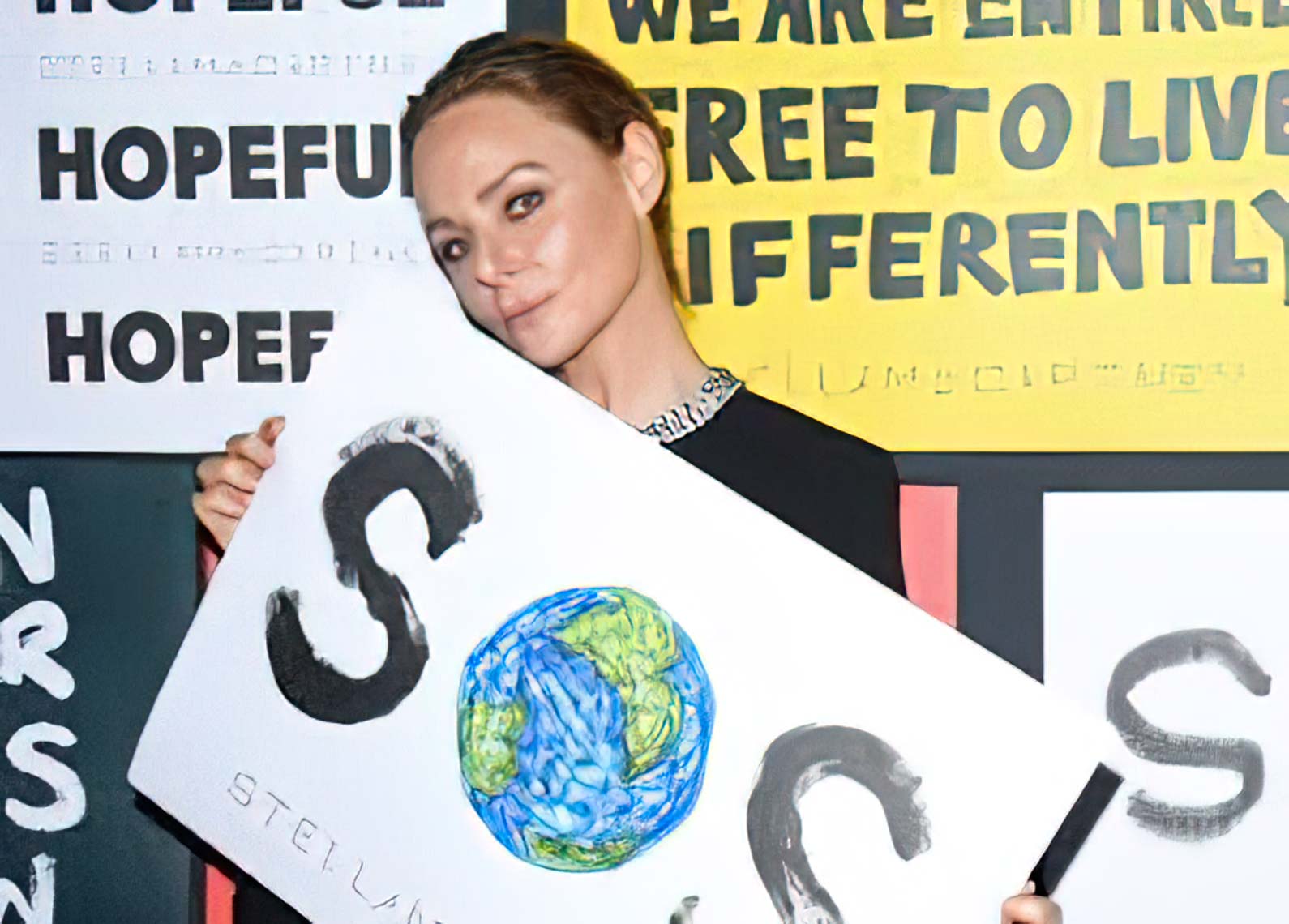I was running an event recently and I ducked into a florist[1] to arrange some flowers for the tables. I was in a rush and hoped to be in and out in five minutes. Thirty minutes later I was still there, captivated and inspired by the backstory of the owner and why she and her daughter only source flowers from local growers so they are seasonal, free from or low in pesticides (which is better for everyone’s health) and because the perfume of the local flowers’ is so much more aromatic than most of those grown in a greenhouse. Their passion for creating an ethical business that delivers beautiful non toxic flowers that bring joy to people’s lives was palpable. As one who loves flowers, who is committed to living a clean lifestyle as much as possible, and as a supporter of small business, I will only buy my flowers from them going forward. I want to do business with ethical organisations and particularly enjoy being inspired by people’s passions, purpose and stories.
I was equally inspired on a flight recently as I flicked through the in-flight entertainment, finding an interview with the British fashion designer, Stella McCartney. Stella prides herself on having an ethical brand with all her fabrics and items sourced and made ethically and sustainably. She goes further, being so opposed to the use of leather in her designs (as she views it as animal cruelty), she has created a faux leather that she believes looks and feels as good as the real thing. To date, I have never bought any of her products, but after hearing her story and how she applies her personal values to the way she runs her business, I am interested in becoming a customer.
These days I want to do my part for the planet and I’m looking for conscious organisations to do business with. Trend data tells me that I am not unique. Increasingly, more of us are wanting to buy from ethical organisations. The term ‘Conscious Consumerism’ has been gaining in popularity and this has been identified as a key customer trend. The Australian Institute of Company Directors (AICD) highlighted this recently in their ‘6 Consumer Trends to Watch in 2019’ article. They called the trend ‘Brand Stand’, explained as a new imperative for brands to stand for something larger than profits. The brands that take a positive stand for what they believe in are the ones that are inspiring the most trust and passionate loyalty from their customers. [1] They’re also inspiring the most trust and loyalty from their employees.
Interestingly, I was reading the 2019 Deloitte Global Human Capital Trends Report recently. In the report, they asked CEOs to name their most important measure of success in 2019. The number one issue cited by CEOs was “impact on society, including income inequality, diversity, and the environment.”[2] This is a shift for the corporate sector which was historically focused on profits at all costs, to caring about their social and environmental impact. Business with a conscience has been creeping in over several years, influenced in part by generation Y and Z wanting to create a better world. This is the data that should empower CEOs with a desire to make a difference to allow their personal values to influence the way they design their products and services and run their companies. Customers and employees are crying out for it.
To build a conscious and ethical company there needs to be a congruence between what’s espoused and the lived the experience for the employees and customers. In the case of Stella McCartney and my florist, there is a clear congruence between their words and their actions. Their employees and their customers are in no doubt as to what they believe in and their authenticity is unquestioned. This in itself builds trust. In the Australian private sector, there are lots of glossy brochures outlining corporate social responsibility initiatives, lots of sponsorships of sporting teams, and volunteering and financial support provided to many worthwhile charities. All of which are important. However, it’s harder to find the companies that have true conscious missions that infiltrate their cultures, their products and their customer experiences. This is a big opportunity for the corporate sector and in this time of low consumer trust, it’s a differentiator.
The Deloitte report further stated that 84% of respondents said that they needed to rethink their workforce experience to improve productivity and 80% believed they needed to develop leaders differently. In my own career, the companies that I was most loyal and connected to were those with a big purpose. I could connect to the bigger picture and felt like I was contributing to something larger than myself. Therefore I worked harder, putting in more discretionary effort to help the company be successful. Productivity is directly linked to how happy, engaged and inspired employees are. Conscious companies have an edge here as there is a great sense of pride in the workforce and the employees become ambassadors for the company. Being clear about your mission also attracts the right talent with aligned values. Leadership development that enables leaders to tap into their internal ‘why’ and lead with passion, purpose and conviction will help drive the mission forward and deliver the best outcomes.
It’s a real achievement when a business achieves congruence between what’s espoused and what’s lived. Running a business with a conscience can sometimes seem at odds with what’s required to deliver strong shareholder returns but it pays dividends. Having an ethical culture that engenders the trust of your customers and employees spans all industries and is good risk management. And it’s also good for the bottom line.
Building a conscious organisation doesn’t happen by itself, it requires intentional action. So many companies spend valuable time, money and energy remediating bad behaviour internally and managing customer complaints. An investment in reorganising the company around a bold mission in the world and in turn capturing the hearts and minds of customers and employees, costs less, improves internal behaviour and inspires the customers. And in the process, you might just change the world.
As a leader, some questions for you to consider:
- What is your personal mission in the world? What lights you up? Which of the big global problems would you fix if you could?
- What are your team members passionate about? Have you asked them?
- How could your personal mission influence how you design your products, service, and customer experience?
- Would your business model and structure need to change in order to be a more conscious business?
- How could you change how you lead to bring more of your passion and purpose to your business?
__________________________________________________________
[1] http://flowersoftheworld.com.au/
[2] Bhargava, R. (2019, January 20). 6 Consumer Trends to Watch in 2019. Retrieved from www.aicd.companydirectors.com/membership/company-director-magazine/2018-back-editions/december/megatrends
[3] Deloitte Global Human Capital Trends 2019(Rep.). (2019).




